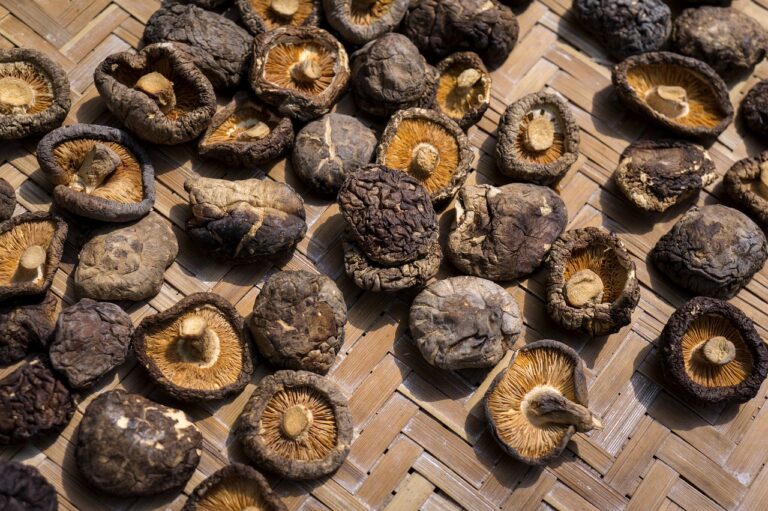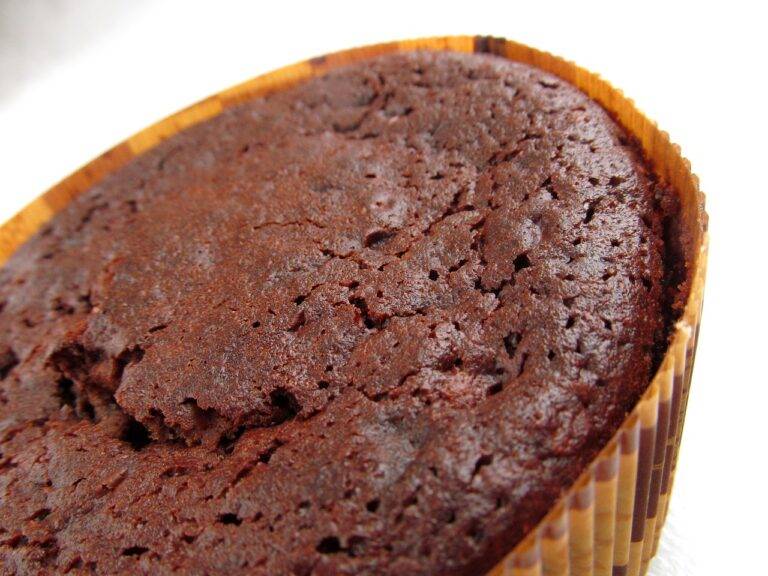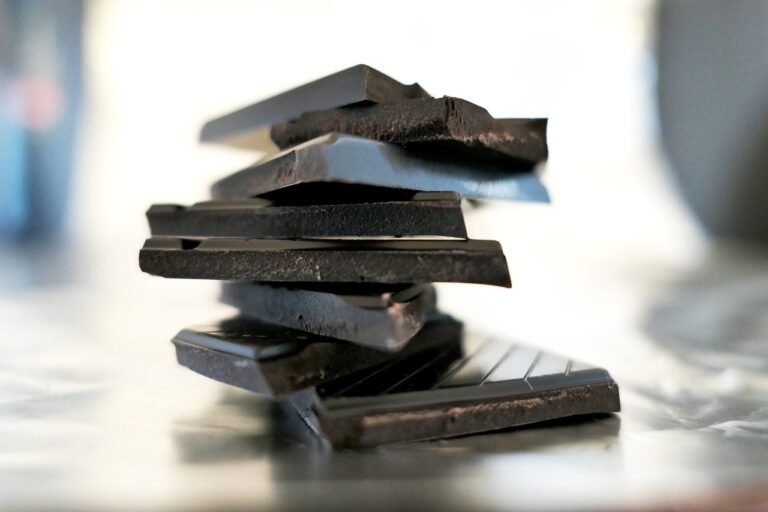The Potential of Pine Nut Protein in Protein Bar Formulations: 11xplay online, Gold365 com, Skyfyer
11xplay online, gold365 com, skyfyer: The Potential of Pine Nut Protein in Protein Bar Formulations
Protein bars have become a popular snack option for many health-conscious individuals looking to fuel their bodies with a convenient and nutritious source of protein. While traditional protein bars often rely on popular sources like whey, soy, or pea protein, there is another lesser-known option that is starting to gain traction in the protein bar market – pine nut protein.
Pine nuts are the edible seeds of pine trees and are commonly used in a variety of culinary dishes. However, the protein derived from pine nuts is relatively new to the protein supplement scene. With its unique flavor profile and impressive nutritional profile, pine nut protein holds great potential for use in protein bar formulations.
In this article, we will explore the benefits of pine nut protein, its potential applications in protein bar formulations, and why it may be the next big thing in the world of protein supplements.
Benefits of Pine Nut Protein
Pine nut protein is a high-quality source of plant-based protein that contains all nine essential amino acids, making it a complete protein. This is essential for muscle repair and growth, making it an ideal option for athletes and fitness enthusiasts.
In addition to its protein content, pine nut protein is rich in antioxidants, vitamins, and minerals, such as magnesium, phosphorus, and zinc. These nutrients play a crucial role in supporting overall health and well-being.
Furthermore, pine nut protein is free from common allergens like dairy, soy, and gluten, making it a suitable option for individuals with food sensitivities or allergies.
Potential Applications in Protein Bar Formulations
The unique flavor profile of pine nut protein sets it apart from traditional protein sources, adding a subtle nutty and sweet taste to protein bars. This can help enhance the overall flavor profile of protein bars and appeal to consumers looking for a different taste experience.
Moreover, the nutritional benefits of pine nut protein make it an attractive option for formulating protein bars that cater to health-conscious consumers. With its complete amino acid profile and antioxidant-rich properties, pine nut protein can help support muscle recovery, energy levels, and overall well-being.
The texture of pine nut protein also plays a role in protein bar formulations. Its fine powder form allows for easy integration into protein bar recipes without compromising on taste or texture. This makes it a versatile ingredient that can be used in various protein bar formulations, from chewy to crunchy textures.
Why Pine Nut Protein is the Next Big Thing
As consumer demand for plant-based protein sources continues to rise, pine nut protein presents a unique opportunity for supplement manufacturers to tap into a new market segment. With its impressive nutritional profile, allergen-free properties, and versatile applications in protein bar formulations, pine nut protein is poised to become the next big thing in the world of protein supplements.
Furthermore, the sustainability of pine nut protein production makes it an environmentally friendly option compared to traditional protein sources like whey or soy. This aligns with the growing trend of eco-conscious consumers who are seeking sustainable and ethically sourced products.
Overall, the potential of pine nut protein in protein bar formulations lies in its nutritional benefits, flavor profile, and versatility as an ingredient. As more consumers become aware of the benefits of pine nut protein, we can expect to see a surge in demand for protein bars that feature this unique and nutritious ingredient.
In conclusion, pine nut protein is a promising addition to the world of protein supplements, offering a range of benefits for both manufacturers and consumers alike. With its complete amino acid profile, antioxidant-rich properties, and versatile applications in protein bar formulations, pine nut protein has the potential to revolutionize the protein supplement market.
FAQs
Q: Is pine nut protein suitable for individuals with nut allergies?
A: Despite its name, pine nut is actually a seed and not a true nut. However, individuals with nut allergies should exercise caution when consuming pine nut protein and consult with a healthcare professional before incorporating it into their diet.
Q: Can pine nut protein be used in baking recipes other than protein bars?
A: Yes, pine nut protein can be used in a variety of baking recipes, such as cookies, muffins, and pancakes. Its fine powder form allows for easy integration into various baked goods while adding a subtle nutty flavor and a nutritional boost.
Q: Where can I find pine nut protein for purchase?
A: Pine nut protein can be found online or in select health food stores. Look for reputable brands that offer high-quality pine nut protein powders for use in protein bar formulations and other recipes.
Q: How does pine nut protein compare to other plant-based protein sources?
A: Pine nut protein stands out from other plant-based protein sources due to its unique flavor profile, complete amino acid profile, and antioxidant-rich properties. While it may be less common than popular options like pea or soy protein, pine nut protein offers a range of benefits that make it a valuable addition to protein bar formulations.
Stay tuned for more insights on the potential of pine nut protein in protein bar formulations and its impact on the evolving landscape of protein supplements.







